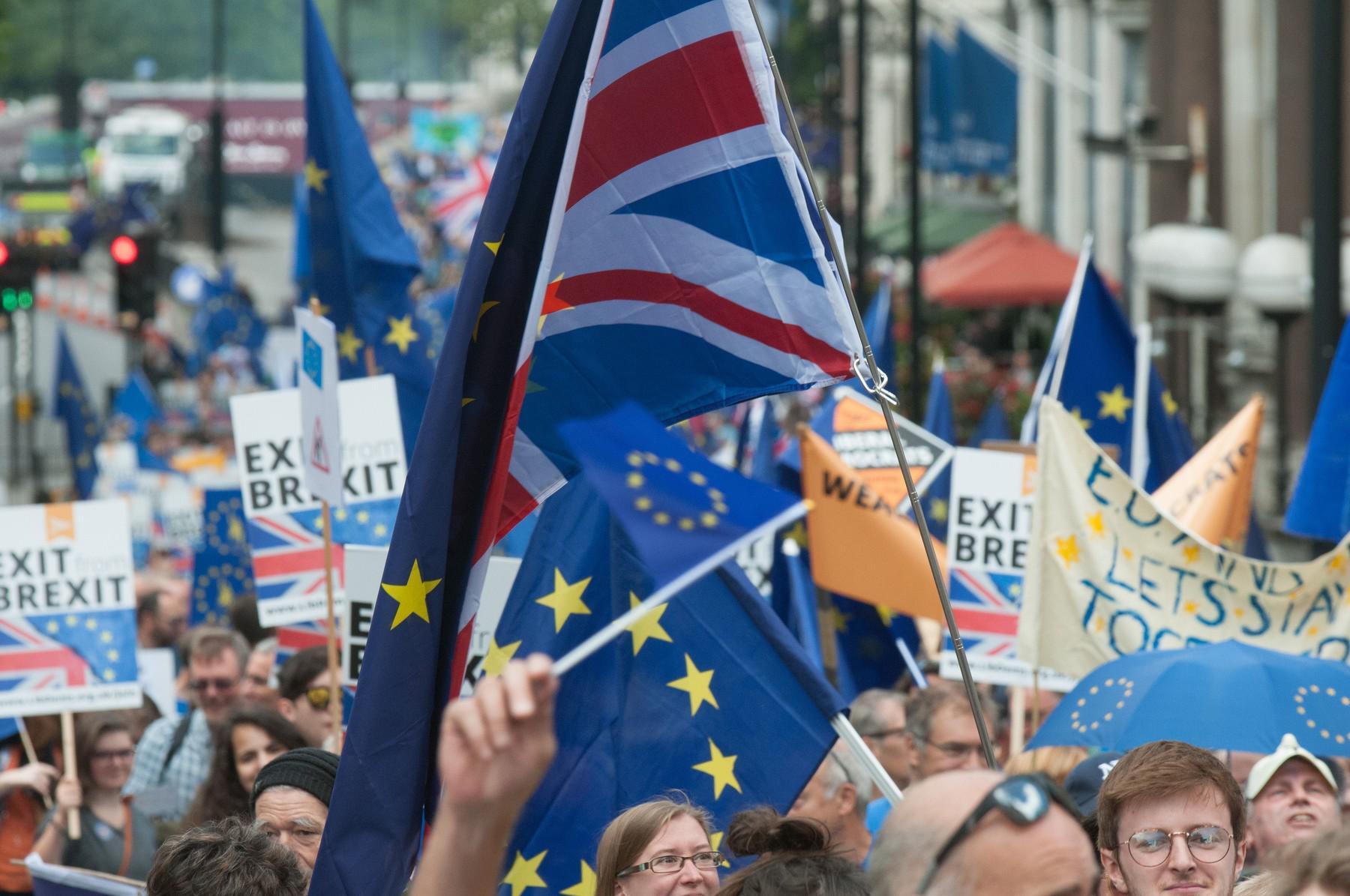Liam Kehoe, a hospital worker in Liverpool, was part of a strike demanding better pay amid rising living costs. At 26, he supports Labour due to economic hardships worsened by Conservative policies over decades.
Young voters like Kehoe are increasingly turning to Labour, contrasting sharply with older demographics, whose allegiance to the Conservatives remains steadfast despite the party’s declining support among younger voters.
Liverpool, a traditional Labour stronghold, reflects deep generational divides exacerbated by economic disparities. Young people feel neglected by policies favoring older generations, exemplified by measures like the pension triple lock, while housing affordability plummets. Many disillusioned youth, like Owen Burrows, opt not to vote, feeling disconnected from a political system they perceive as indifferent to their concerns.

Generational Fault Lines – Youth Disillusionment and Political Shifts in Liverpool
Brexit’s fallout amplifies discontent. Joe McKenna, a young voter from Liverpool, chose Remain in 2016, highlighting a familial divide and ongoing disillusionment with Conservative promises. Housing remains a critical issue, with homeownership increasingly unattainable for younger Britons, contributing to widespread pessimism about future prospects.
Olivia Lever, a young Conservative, voices frustration over her party’s neglect of youth priorities in the current election cycle, echoing sentiments of disenfranchisement among young Tories. On the left, progressive youth also feel marginalized, as seen in protests against global conflicts and dissatisfaction with Labour’s response, pushing some toward smaller parties like the Greens.
Age has supplanted class as a defining factor in British politics, reshaping electoral dynamics. Young voters, feeling the brunt of economic challenges and societal shifts, seek representation that addresses their needs and future concerns. As Britain faces these generational fault lines, the outcome of the next election may hinge on whether mainstream parties can bridge these divides and reconnect with a disillusioned youth electorate.











































